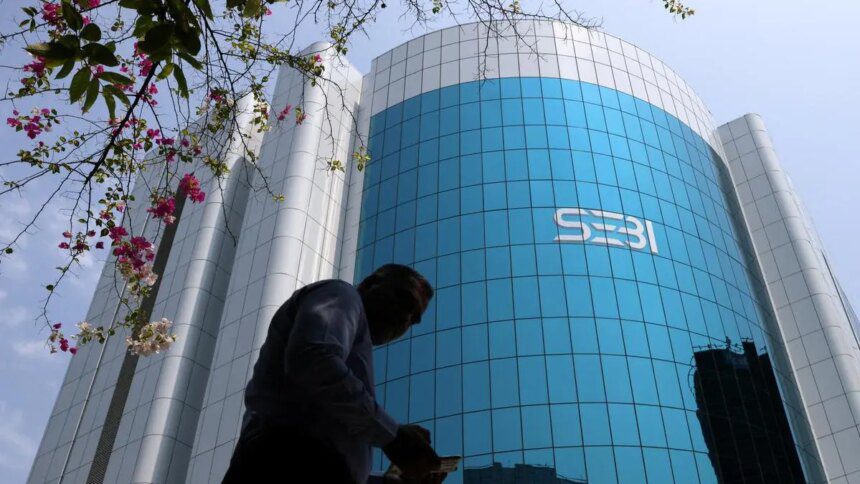Key proposals include redefining the Total Expense Ratio (TER), removing the additional 5 bps levy, and excluding statutory charges like GST and STT from TER caps. | Photo Credit: FRANCIS MASCARENHAS
“Effort is to remove old and redundant regulations and make them more relevant to facilitate ease of doing business,” sources aware of developments said. Proposals are based on the consultation paper released earlier. Final proposals are being prepared based on the comments received.
Sharper TER framework
In October, the regulator issued a consultation paper proposing an overhaul of mutual fund rules, including a clearer definition of the Total Expense Ratio (TER) and revised limits on brokerage charges. As part of the proposed framework, SEBI plans to remove the additional 5 basis points (bps) that asset management companies (AMCs) were previously allowed to levy across mutual fund schemes.
This additional expense, introduced to offset the impact of crediting exit loads back to schemes, was first set at 20 bps in 2012 and later reduced to 5 bps in 2018. The additional 5 bps expense that mutual fund schemes were allowed to charge was transitory. To further improve clarity, SEBI also suggested excluding all statutory levies, such as STT, GST, CTT, and stamp duty, from TER limits, along with currently permissible expenses for brokerage, exchange, and regulatory fees. At present, GST on management fees is levied over and above the TER limit, while other statutory charges are subject to the prescribed cap for mutual fund schemes.
Alongside this, the regulator is weighing whether the broking fee charged to investors should be broken down into components rather than bundled into the current 12 paise per transaction cost. The proposal under discussion would reduce the embedded fee to about 2 paise, with investors paying separately for research provided by brokers.
The person said the intention is to give investors clarity on what they are paying for. Unbundling brings accountability for each service’s execution costs versus its research costs. The broking and mutual fund industries, however, have pushed back strongly, arguing that unbundling could sharply reduce research budgets.
Defining algo trading
As part of this revamp of the 1992 stockbroker regulations, SEBI proposed introducing a definition of ‘algorithmic trading’ to streamline compliance requirements, as the current framework lacks such clarity. “Regulations for stock brokers were framed 30 years ago and SEBI is looking to update them,” the person said.
The December 17 meeting will also consider the report of a high-level panel that examined conflict-of-interest safeguards within the organisation. Last week, the regulator indicated that the panel’s recommendations would be presented to the board.
Transparency push
In its report, the panel proposed wide-ranging reforms to strengthen transparency, including enhanced disclosures and a “zero-tolerance” approach to conflicts of interest among senior officials. The high-level panel submitted its report to Chairman Pandey on November 10. The report also recommended establishing a secure, anonymous whistleblower system for reporting conflicts of interest, a ban on expensive gifts, a two-year restriction on post-retirement assignments, and the creation of a chief ethics and compliance officer (CECO) position.
Published on November 21, 2025










